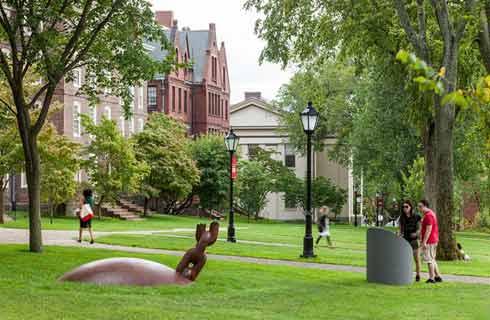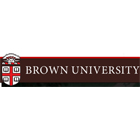
学历文凭
Masters Degree

专业院系
临床检验学

开学时间

课程时长

课程学费

国际学生入学条件
Graduates of non-U.S. colleges and universities who have completed the equivalent of a U.S. bachelor's degree may apply for admission to the Brown University Graduate School.
Regarding TOEFL, the recommended minimum score for admission consideration is 577 on the paper-based test and 90 on the Internet-based test. For IELTS, the recommended minimum overall band score is 7.
IDP—雅思考试联合主办方

雅思考试总分
7.0
了解更多
- 雅思总分:7
- 托福网考总分:90
- 托福笔试总分:577
- 其他语言考试:NA
课程简介
相关申请

预科

奖学金

实习机会

在校学习

跨境学习

校园授课-线上开始

在线/远程学习
学校排名
世界排名
53
数据源:泰晤士高等教育世界大学排名
关于布朗大学

布朗大学是最为开放的顶尖大学之一美国排名前三十的大学中,多数很难在学术上分出明显的高低。而布朗之所以能一直成为全世界学生最向往的大学之一,其开放式的教学模式功不可没。布朗的Open Curriculum允许学生像其他大学的学生一样选择自己的专业,但同时自己选择理想的课程搭配。布朗本科78个专业方向中大部分是跨学科的,学生可从多达2000门课程中挑选自己喜欢的课程来DIY自己的大学之旅。与其他常青藤学校相比,布朗气氛和谐,学生们并不为竞争而烦恼,大多数学生都是很能平衡学习和娱乐生活,并善于社交的。校园里更多的是相互尊重,向对方学习。“唯一能感受到的竞争,就是不断挑战自己做的更好。”
本校相关课程






其他相关课程

桥港大学

圣安东尼奥山学院


中西部州立大学


犹他大学 - Shorelight


南内达华学院


鲍尔州立大学位




